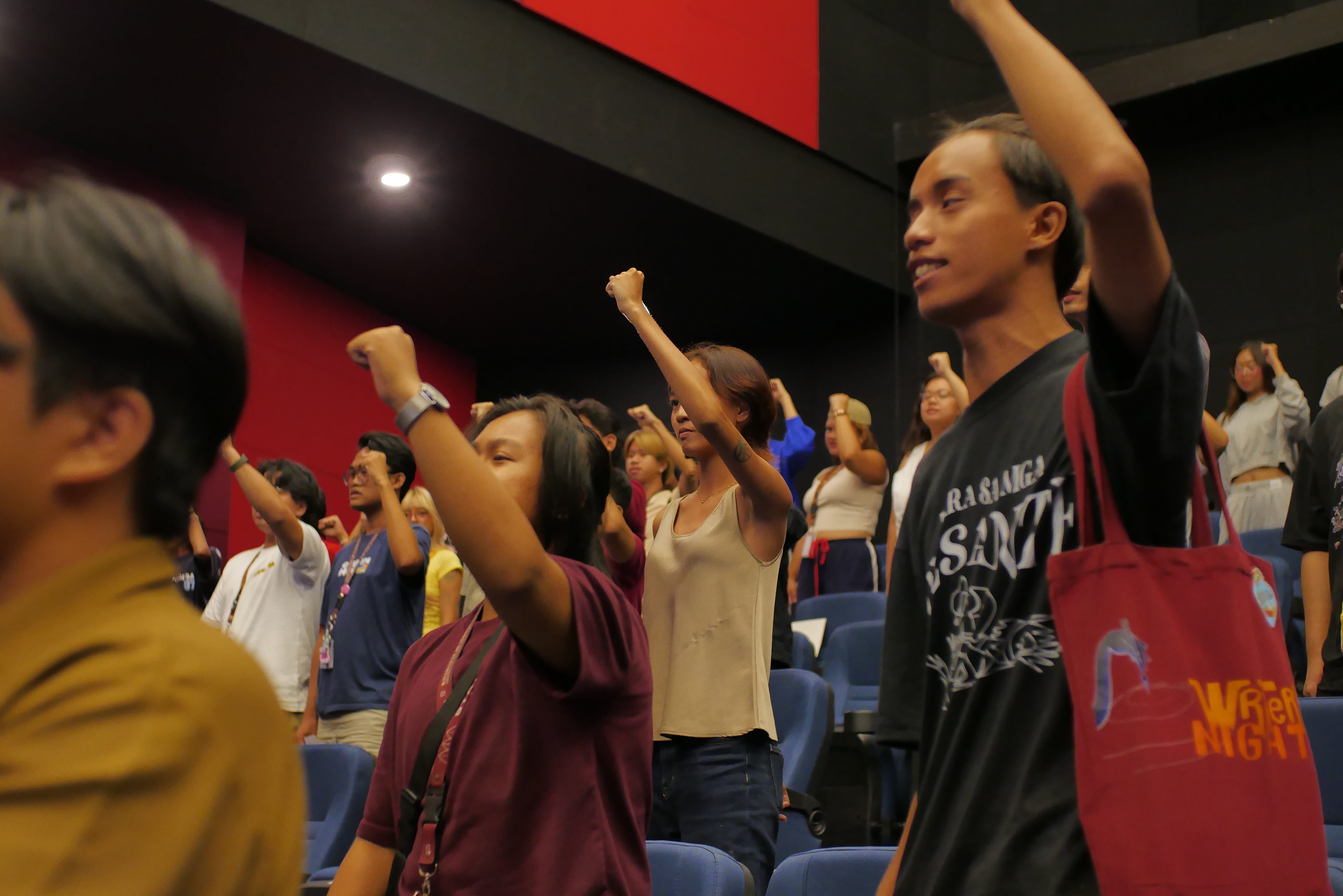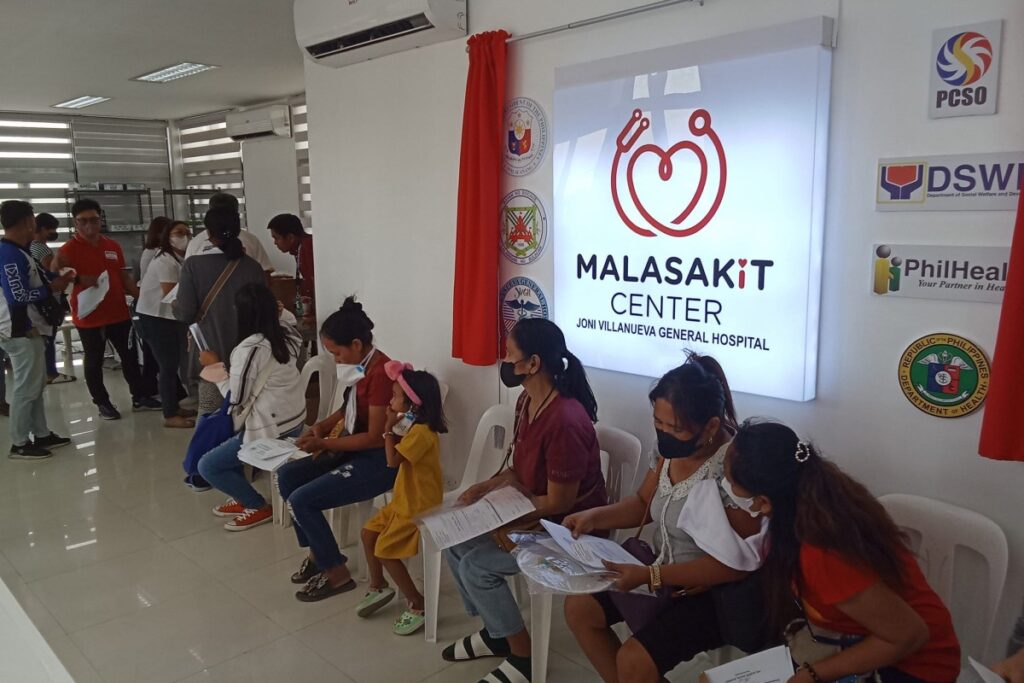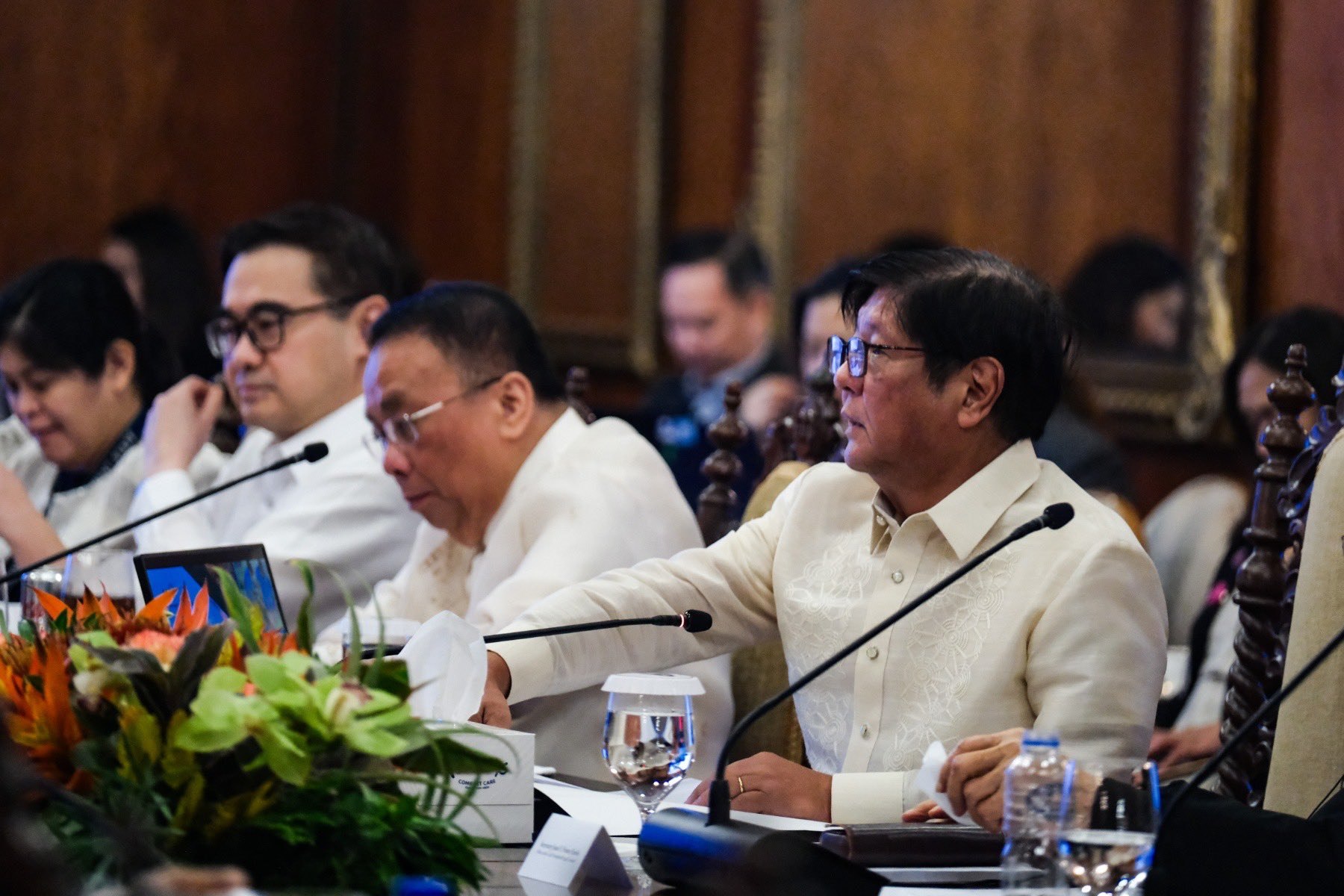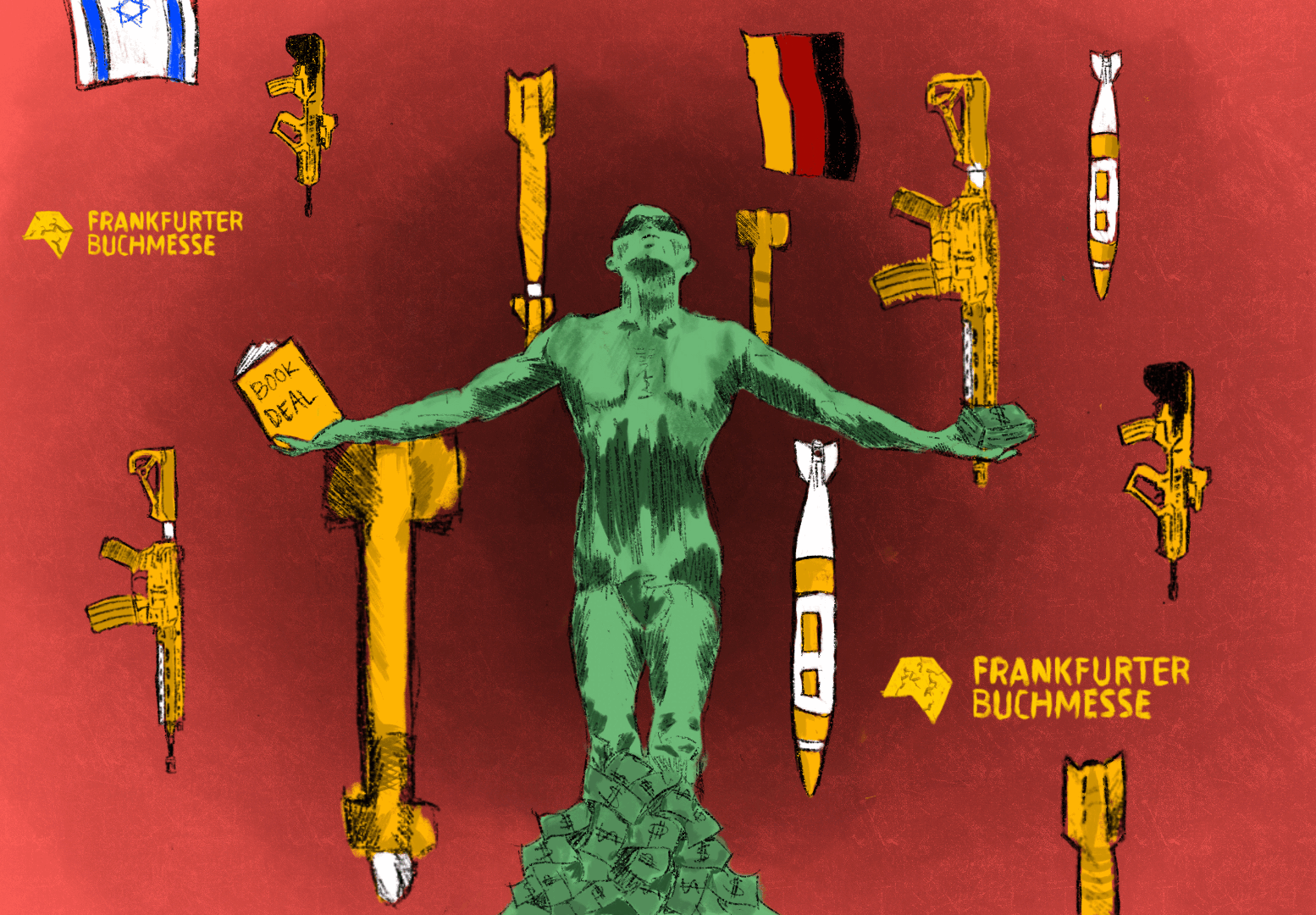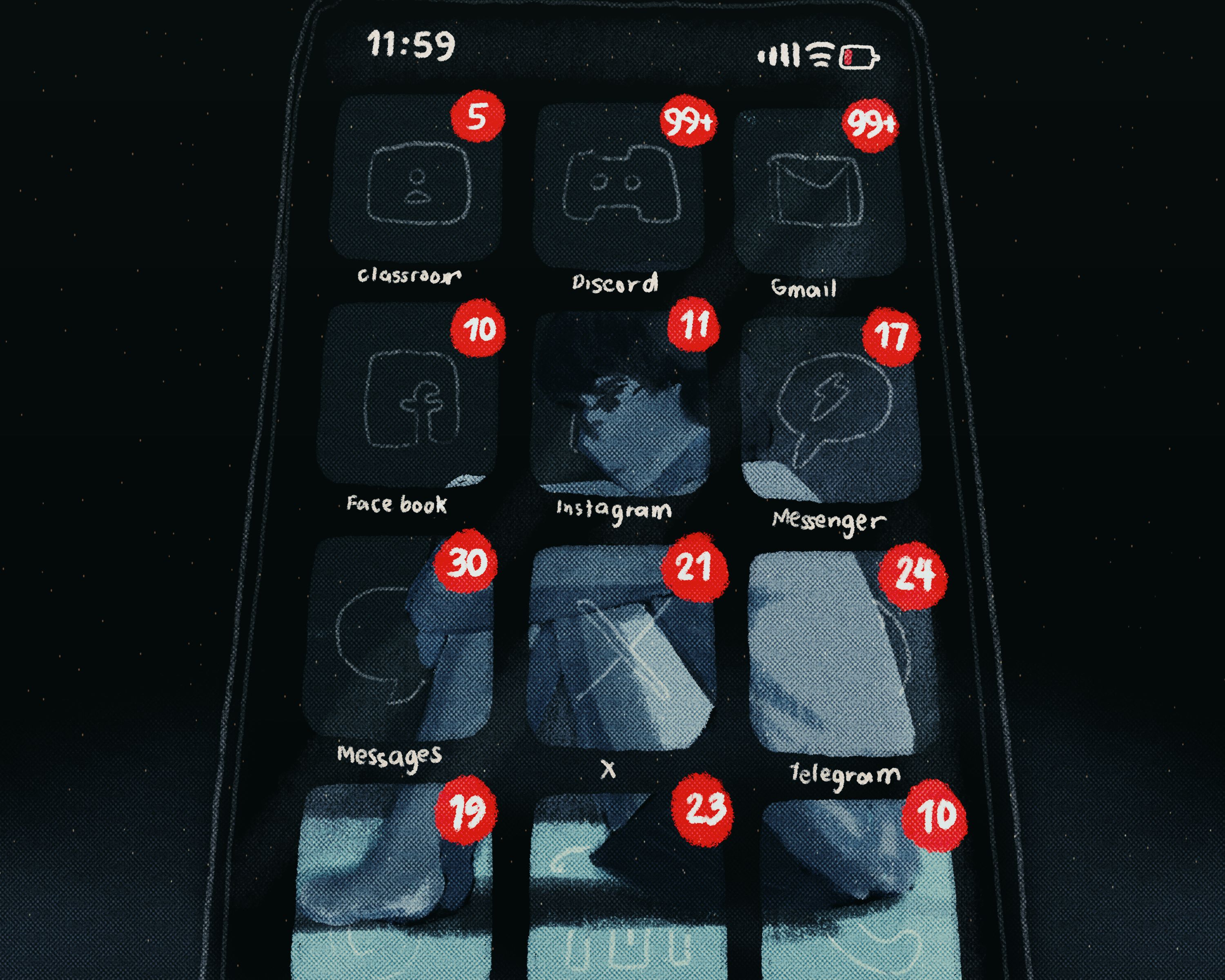As the 2025 midterm elections conclude, a new round of political reckoning begins — this time within the university. With the University Student Council (USC) elections set to end today, UP students will weigh which bets can truly steer campus politics in the right direction amid an increasingly polarized nation.
Although Congress remains dominated by the administration and Duterte-aligned bets, the broader progressive opposition has secured its most seats in recent history. The incoming USC must rise to the occasion and build on these gains, proving that democratic engagements do not only end at the ballot, but also deepened through sustained action.
This call becomes even more urgent amid a fractured political landscape. The electoral victories of progressives like Bam Aquino and Kiko Pangilinan, who defied pre-election surveys by placing second and fifth in the senatorial race, may give greater propulsion for more pro-people legislation. Similarly, Akbayan’s rise to the top of the party-list race affirms a growing frustration with the current administration. But these gains come with a caveat.
Just behind Akbayan is Duterte Youth, while progressive stalwarts like Bayan Muna and Gabriela were edged out amid a flawed electoral process. Though Aquino and Pangilinan performed well, Duterte allies still got the most votes, signaling that discontent with Marcos did not translate to wholesale progressive gains, but instead to shifts that reinforced Duterte’s hold on power.
The new Duterte bloc, along with incumbent turncoat senators that may be swayed by the Dutertes’ strong show of force, are poised to reshape the chamber’s legislative agenda and influence the unfolding impeachment trial against Sara Duterte. Her refusal to confront scrutiny over her P125-million confidential fund may further devolve into mere political spectacle, especially with reports suggesting that seven politicians are likely to vote for her acquittal, with the number possibly rising amid political realignments.
Corollary to the maneuvers in the trial is the bolstering of the Dutertes’ repressive thrust in policymaking. Duterte allies, after all, are the same forces responsible for the promulgation of despotic measures. For one, Bong Go championed the Anti-Terrorism Law of 2020 while Bato dela Rosa architected the brutal war on drugs, spearheaded red-tagging hearings in the Senate, and reinforced the National Task Force to End Local Communist Armed Conflict. Their stranglehold on the Senate now portends a deeper entrenchment of authoritarian rule, threatening to derail what little progressive legislation remains on the table.
UP is no stranger to the intensified threat to democratic spaces, advanced by dela Rosa himself. In fact, he has previously expressed support for the abrogation of the UP-DND Accord. What is under siege are core democratic values: academic freedom, public accountability, and a thrust for public service. Even during elections, these systemic assaults were made evident when activist volunteers and opposition poll watchers were red-tagged, harassed, profiled, and subjected to outright violence.
Thus, the student council cannot afford complacency in the face of these attacks. A reinvigorated USC must lead this struggle, beginning by seriously addressing the student movement’s still-unresolved cases of harassment that allow the growing distrust among the students to fester.
Such a commitment would also facilitate a more conducive avenue for grassroots organizing. Strengthening the coordination with local councils, who are best positioned to respond to students’ day-to-day concerns, is central to this mandate. For colleges without councils, it falls on the USC to intensify campaigns aligned with the college’s pressing issues. This effort must be leveraged by campaigns that link localized struggles—academic burdens, student spaces, mental health concerns, rising prices, among others—to national issues.
This imperative is best exercised now when the student body’s political energy is still heightened from last year’s relatively higher turnout, and from the midterm elections that were largely energized by the youth. Once such energies have been tapped and mobilized sustainably, greater gains can be amassed on the university and national stages through legislation and Sara’s conviction. It is the mass movement, after all, that constitutes the prime movers of any effective campaign, even when the seats in Congress are skewed against it.
Only through this commitment can the UP community shield itself in the present, push for progressive measures, and sow the seeds of transformative victories until the next electoral cycle and beyond. ●
